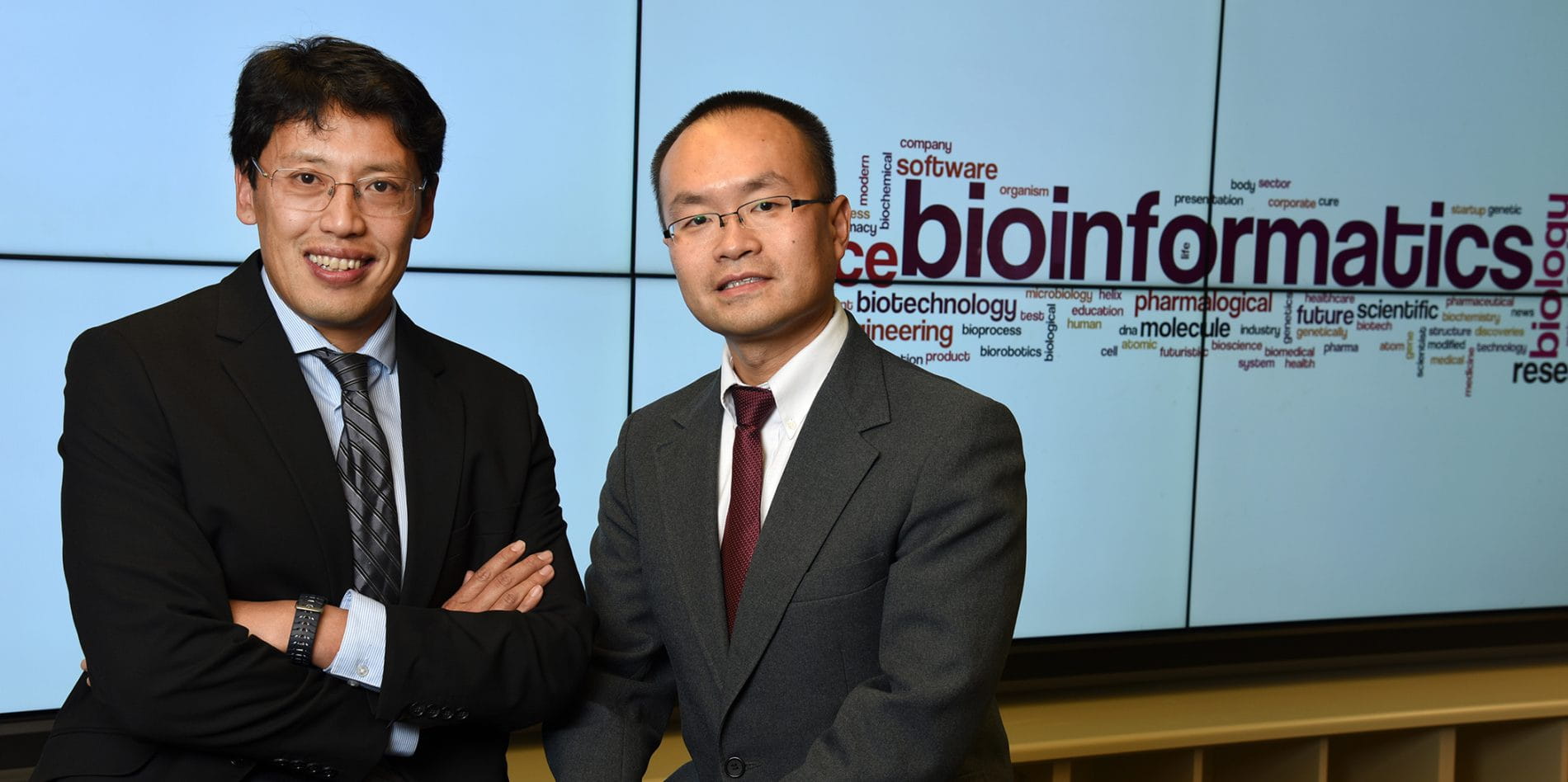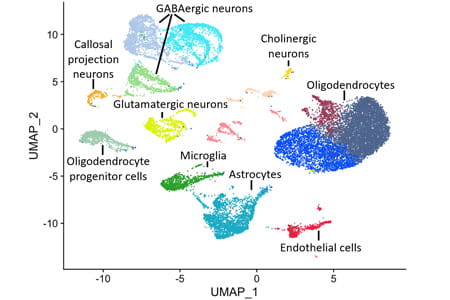Center for Computational Biology and Bioinformatics
The Center for Computational Biology and Bioinformatics at Indiana University School of Medicine is committed to conducting outstanding basic, clinical and translational research that promotes advanced computation and informatics approaches to increase the overall understanding of normal and disease-associated biological processes, drug development and therapeutic responses. The center stimulates and facilitates collaboration among computational scientists, laboratory and clinical investigators, and other health care researchers while simultaneously educating the next generation of bioinformaticians through coursework and direct participation in research activities.



